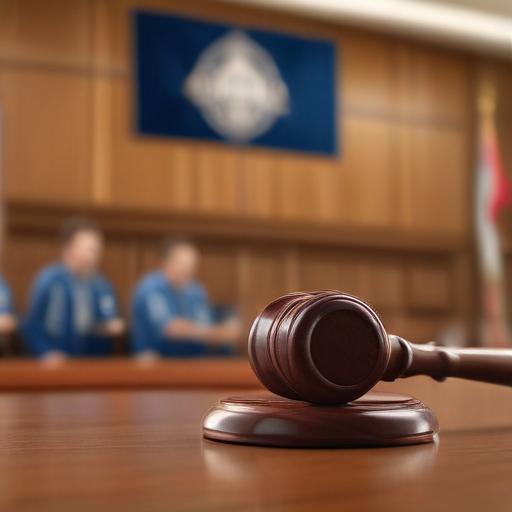Steube Introduces Protections for College Sports Act to Codify Trump’s NIL Executive Order
WASHINGTON — U.S. Representative Greg Steube (R-Fla.) announced today the introduction of the Protection of College Sports Act, a bill designed to codify President Trump’s executive action on college sports and the Name, Image, and Likeness (NIL) framework. The proposal aims to preserve opportunities for women’s and non-revenue sports while providing clearer rules for NIL in the college athletics landscape.
Four main policy goals, enacted through codification of Executive Order 14322, are at the core of the measure:
– Scholarship guarantees: Major athletic departments with budgets over 125 million dollars would be required to increase scholarship opportunities for women’s and non-revenue sports. Departments with lower revenue would be held to similar benchmarks to protect these opportunities.
– Slush funds ban: The bill would prohibit third-party “pay-for-play” pools that attempt to masquerade as athlete endorsement programs.
– Employee status protections: The legislation would protect the non-employee status of collegiate athletes so scholarships remain academic and not taxable benefits.
– Labor and antitrust safeguards: It seeks to prevent future labor and antitrust disputes that could arise during the NIL era.
Co-leading the effort is Rep. Stephanie Bice, who said she supports codifying the executive action to defend student-athletes in this evolving era of college athletics.
The bill has the backing of Heitner Legal, whose founder, Darren Heitner, welcomed the move as a way to bring clarity and structure to NIL compensation and revenue sharing. He emphasized that protecting non-revenue and women’s sports, as well as Olympic pathways, must go hand in hand with ensuring that athletes can negotiate NIL deals in a fair environment.
What this could mean for the college sports landscape
– For student-athletes, the act aims to expand funding opportunities for women’s and non-revenue sports and to guard against schemes that diminishingly benefit athletes or tilt the playing field in favor of big programs.
– For universities, the bill outlines clear guardrails to prevent pay-for-play schemes and to preserve the academic nature of scholarships.
– For the broader Olympic pipeline, proponents argue the measure helps maintain a robust talent pool across all sports.
Supporters argue that codifying Trump’s executive guidance offers needed stability in a rapidly changing NIL era and helps ensure fair treatment and opportunities for athletes across all disciplines. Critics, if they weigh in later, may question the specifics of budget thresholds, enforcement mechanisms, or how such rules align with broader antitrust and labor considerations.
If the bill advances, observers will be watching committee actions and potential amendments as lawmakers weigh how best to balance athlete rights, school interests, and the integrity of collegiate competition. Advocates stress a hopeful, positive trajectory: a framework that protects athletes’ rights and sustains the vitality of both revenue and non-revenue sports for generations to come.
